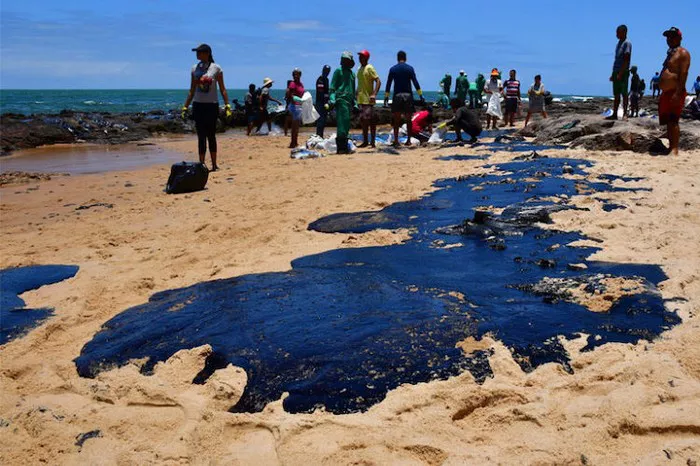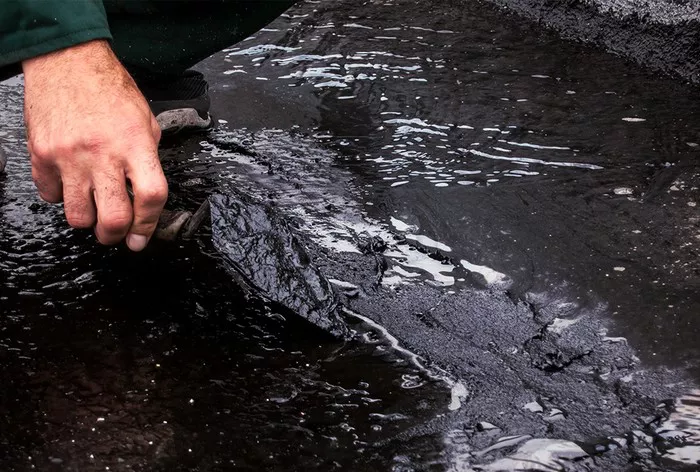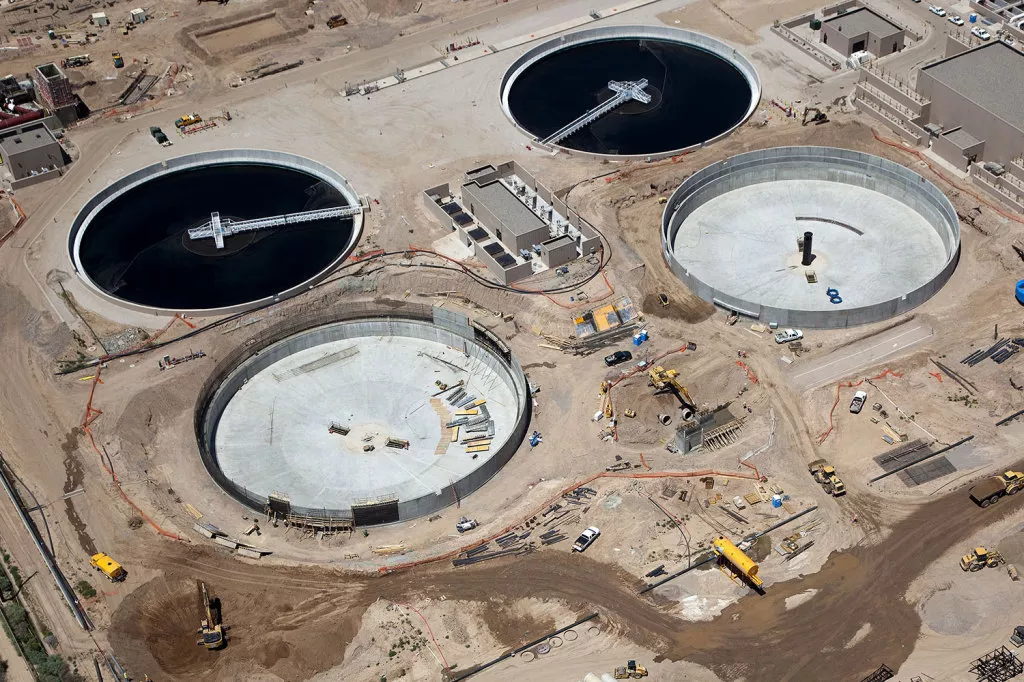The Dangote Refinery has recently called on the Nigerian Upstream Petroleum Regulatory Commission (NUPRC) to enforce the Domestic Crude Supply Obligation (DCSO), according to reports. This legal mandate requires crude oil producers to allocate a portion of their output to domestic refineries, but the refinery has been struggling to secure sufficient crude supplies.
The Dangote Refinery, located on the outskirts of Lagos and with a capacity of 650,000 barrels per day (bpd), was constructed at a cost of $20 billion by Aliko Dangote, one of Africa’s wealthiest individuals. Despite its significant investment and capacity, the refinery has faced challenges in sourcing adequate crude oil from Nigeria. The country’s oil production has been adversely affected by vandalism and insufficient investment, which has impacted the refinery’s operations since it began in January.
A spokesperson for the Dangote Refinery highlighted the issue: “Our concern has always been that the NUPRC is pushing, but the international oil companies are not following the instructions. Consequently, we often purchase the same Nigerian crude from international traders at an additional $3-$4 premium per barrel, which translates to $3-$4 million per cargo.”
The refinery’s requirement is for 325,000 bpd, but it has been receiving nearly half of that amount. The NUPRC has responded by citing operational challenges faced by some producers and existing contracts with oil traders, which have financed drilling, as reasons why enforcing increased supply might breach these agreements.
The DCSO, established by the 2021 Petroleum Industry Act, has proven difficult to enforce due to declining oil production and the NNPC’s reliance on crude-backed loans. Additionally, the Dangote Refinery is involved in a dispute with the downstream regulator over fuel imports, complicating its position in a competitive market.
In response to the ongoing challenges, Nigerian lawmakers have initiated an inquiry into the scarcity of crude for local refineries and the importation of substandard fuels, further highlighting the complexities in addressing the domestic crude supply issues.
Related topics:


























